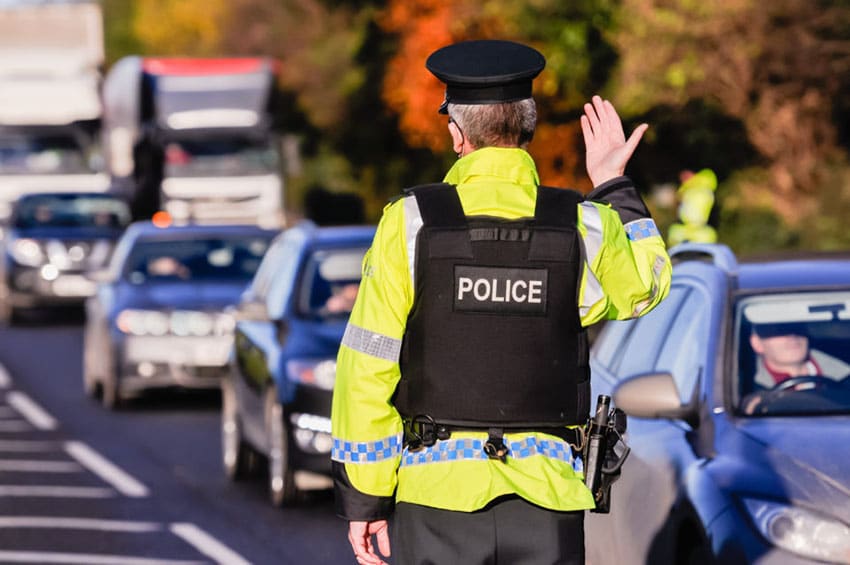Understanding DUI Checkpoints in Texas
DUI checkpoints, also known as sobriety checkpoints, are locations where law enforcement officers stop vehicles to check for signs of impaired driving. In Texas, these checkpoints are legal and must adhere to strict guidelines to ensure they do not violate individuals' rights. Understanding how these checkpoints operate can help drivers prepare for encounters and know their rights during such stops.
For instance, officers at a DUI checkpoint typically look for indicators of intoxication, such as slurred speech or the smell of alcohol. However, they must have a valid reason for stopping each vehicle, and the checkpoints must be well-publicized in advance to comply with legal standards. This transparency is crucial for protecting citizens' rights while allowing law enforcement to maintain public safety.
Your Rights During a DUI Checkpoint Stop
When stopped at a DUI checkpoint, it's essential to be aware of your rights. Drivers have the right to remain silent and are not obligated to answer questions about their drinking habits. Additionally, individuals have the right to refuse a field sobriety test, although this may lead to further consequences, such as license suspension.
Understanding these rights can significantly impact the outcome of a checkpoint stop. For example, if a driver feels that their rights are being violated, they can document the encounter and seek legal assistance afterward. Knowledge of one's rights empowers individuals to navigate these situations more effectively and can lead to better legal outcomes if charges are pursued.
Common Defenses Against DUI Charges
Facing DUI charges can be daunting, but there are several common defenses that can be employed in court. These include challenging the legality of the checkpoint, questioning the accuracy of breathalyzer tests, or demonstrating that the driver was not impaired at the time of the stop. Each defense strategy hinges on the specifics of the case and the evidence presented.
For instance, if law enforcement failed to follow proper procedures when setting up a checkpoint, the charges may be dismissed. Additionally, if a breathalyzer test was improperly calibrated or administered, it could be argued that the results are unreliable. Consulting with a knowledgeable attorney can help identify the most viable defenses based on the unique circumstances of the case.
The Importance of Legal Representation in DUI Cases
Having legal representation during a DUI case is crucial for navigating the complexities of the legal system. An experienced attorney can provide guidance on the best course of action, whether that means negotiating plea deals, preparing for trial, or seeking alternative sentencing options. Legal representation ensures that defendants understand their rights and the potential consequences they face.
Moreover, an attorney can investigate the circumstances surrounding the DUI charge, gather evidence, and build a robust defense strategy. For example, they may review police reports, witness statements, and video footage from the checkpoint to find inconsistencies that could benefit the defendant's case. This level of support is invaluable in achieving a favorable outcome in DUI cases.

